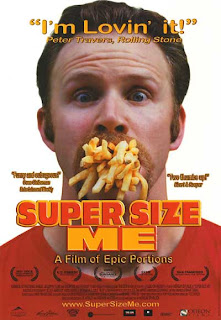I had such a wonderful experience teaching "The Science of Nutrition" to the students at Workshop Houston's Summer Leadership Institute 2012 that I have decided to offer nutrition seminars, wellness seminars, and writing workshops to schools, businesses, and groups. Visit this link for more information: http://thescienceofnutrition.blogspot.com/p/new-wellness-workshops-and-author-visits.html
I look forward to helping you learn more about making healthy choices and achieving vibrant health!









